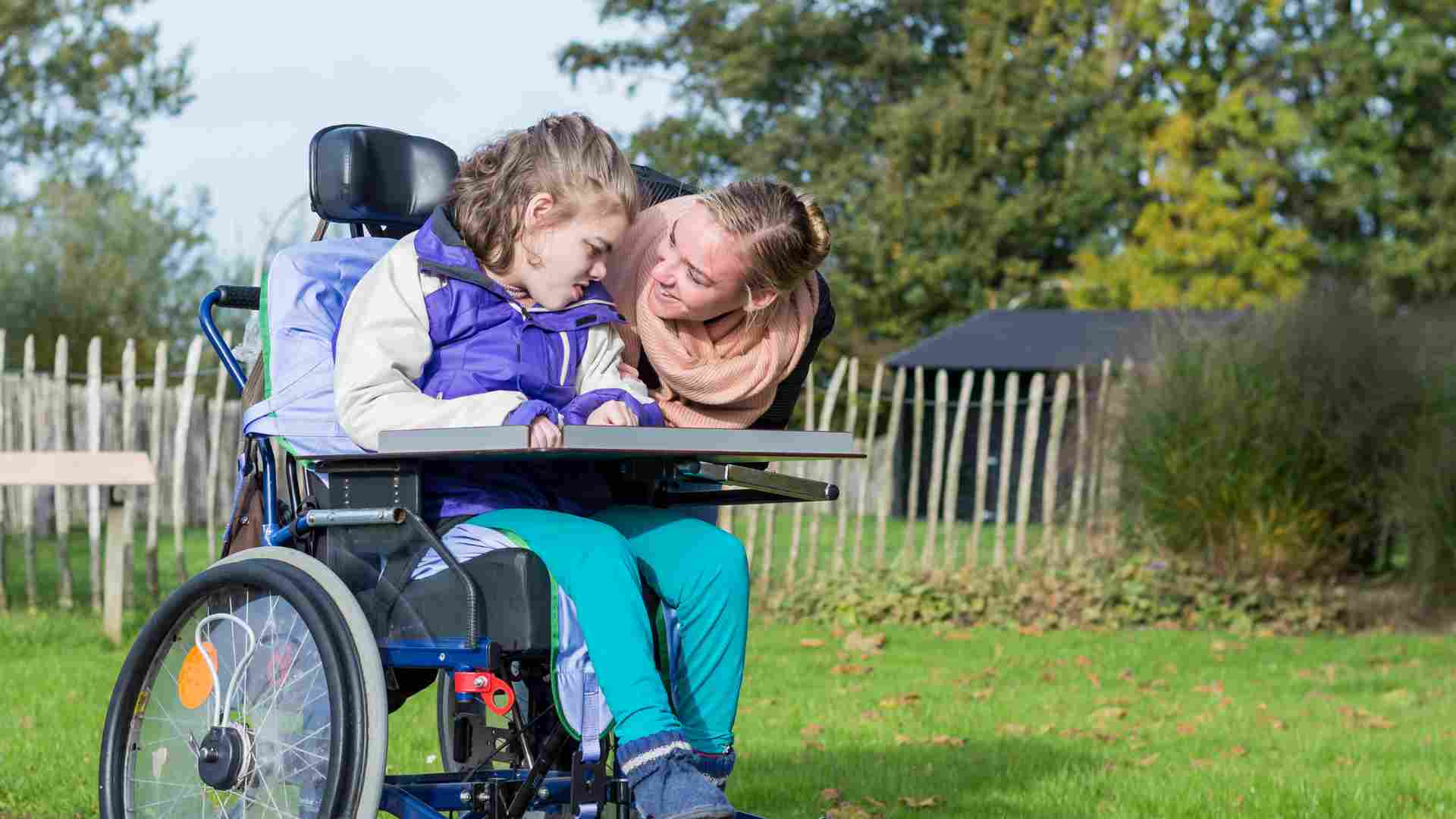Divorce is an undeniably significant life event, marking not just the end of a marriage…
Hidden hunger: Elderly hunger is on the rise during Covid
https://www.nbcnews.com/news/us-news/hidden-hunger-elderly-hunger-rise-during-covid-n1254415
according to a study by NYC.
A warehouse worker packs boxes of shelf-stable food.NBC News
Jan. 17, 2021, 6:00 AM EST
By Cynthia McFadden, Emily R. Siegel and Kevin Monahan
Every weekday morning for nearly 20 years, Andrew Smith has woken up at dawn. He drives to a senior center in Brooklyn and loads up a refrigerated truck with warm meals as the sun rises over New York City.
Smith is a delivery driver for Riseboro, a community partner with Citymeals on Wheels. His job is to deliver a warm meal — and a sense of security — to 92 homebound seniors every day.
Smith is responsible for a small portion of the 20,000 meals Citymeals delivers daily but each meal is critical to the survival of those who receive them. Without the meals, many of those served would not be able to stay in their own homes.
Elderly hunger often goes unnoticed, and those who suffer from it are often unseen, tucked away in their homes due to mobility issues. Unable to shop or cook due to physical limitations, they depend on Citymeals for food.
America’s seniors face growing hunger crisis amid pandemic
JAN. 14, 202103:00
Smith has developed such intimate knowledge of those he serves that he can time deliveries to meet the medication schedules of some of those on his route. At his first stop, the home of 93-year-old Dorina Eduarte, he provides a warm “M’lady” along with a hot meal.
She lights up when she sees Smith, saying, “He’s my friend.”
“Most of the time, I am the only one they ever see,” Smith said.
The pandemic has put a spotlight on the elderly, who are the most vulnerable to the virus. For many seniors, a trip to the grocery store can be life-threatening. People aged 65 to 74 are 90 times more likely to die from Covid and people over 65 make up eight out of ten Covid deaths.
The pandemic has worsened the already dire problem of elderly hunger in America. Before the pandemic there were an estimated 5.8 million hungry seniors nationwide. Since the onset of the pandemic in March that number is believed to have increased rapidly.
National statistics have not yet been compiled, but there are numbers for New York City. Prior to the pandemic, one in 10 older New Yorkers was food insecure, but now that number has soared to one in five, according to a study done by FoodBank NYC.
Since March, Citymeals has delivered 2.5 million meals to homebound New York City seniors. It delivered more than 3 million in all of 2020, an increase of 64 percent over the prior year.
Andrew Smith loads meals into his car before making deliveries.NBC News
Beth Shapiro, the executive director of Citymeals, says the nonprofit has not missed a single meal delivery since the pandemic began. She says it’s a tribute, in part, to the legion of volunteers who have stepped up to help, doubling the number in prior years. Eighty-thousand volunteer hours were logged in 2020.
Shapiro says her group gets 12 percent of its $25 million annual budget from the city. The rest is raised through donations.
“I think the social safety net is stretched very thin,” said Shapiro. “We should not be hungry in this city or in this country. And certainly older people should not be hungry. We would not be there without them, and we have the systems that could care for them.”
Back in Brooklyn, Andrew Smith is unfailingly cheerful. He says he has been able to win over even the most skeptical elderly with persistent kindness. It took him three days with one woman, he says, but she is now eager to see him. “You know, even if it’s not a great day, you say, ‘Have a great day,’ because at the end of the day it will be a great day because he finished a meal.”
Dorina Eduarte, age 93, is a homebound senior who receives hot meals from Citymeals.NBC News
Smith is not just the sole source of human interaction for many of his clients, he is also the only person in a position to notice if something is wrong. If a client seems mentally fuzzy when they are normally lucid or if they take longer to answer the doorbell than normal, he’ll notice. And in the worst case scenario, if someone doesn’t answer at all, he’ll call the appropriate people to make sure the person is okay.
“If she [comes to the door at] the regular time and the next day she’s not coming to the door, something is wrong,” said Smith. “She might need your help.”
Covid has created other challenges as well.
Before the pandemic, Smith saw his clients at their apartment doors and handed them their food. Now, because of social distancing guidelines, Smith and the other Citymeals delivery drivers cannot come to each person’s door. Smith’s clients have to leave their apartments and meet him outside their buildings to get their meals.
It’s something Andrew Smith sees every day as the sun rises.
Read more related articles at:
For millions of low-income seniors, coronavirus is a food-security issue
Feeding America Study Finds Senior Food Insecurity Has Yet to Reach Pre-Recession Levels
Also, read one of our previous Blogs at:
New Survey Conducted on Keeping the Elderly Safe in the Pandemic
Click here to check out our On Demand Video about Estate Planning.



